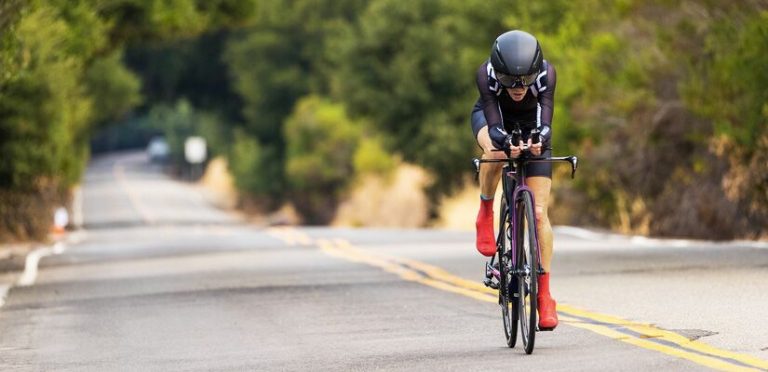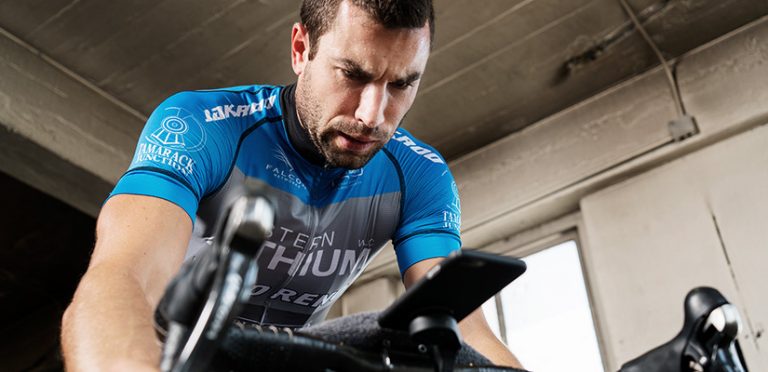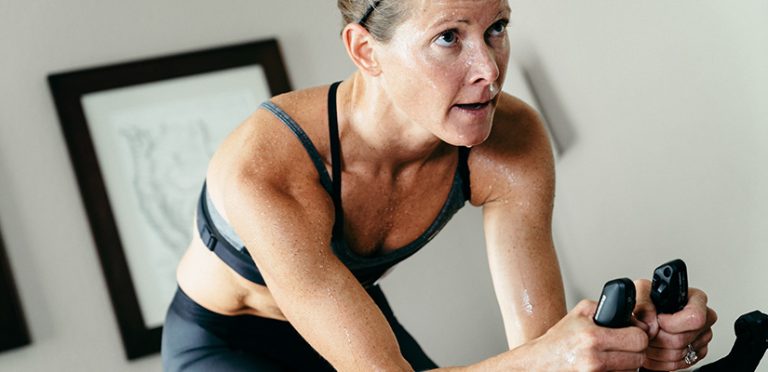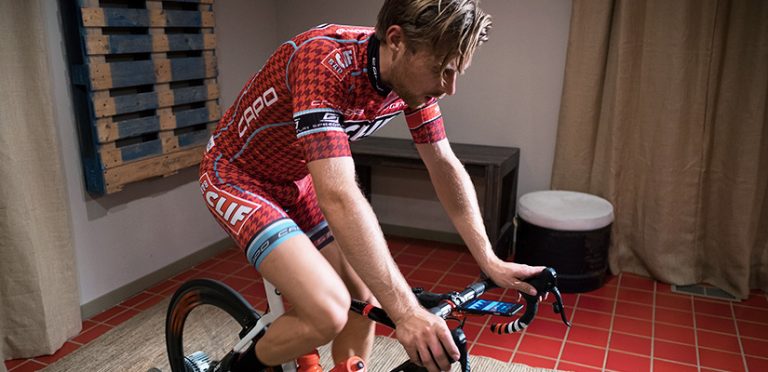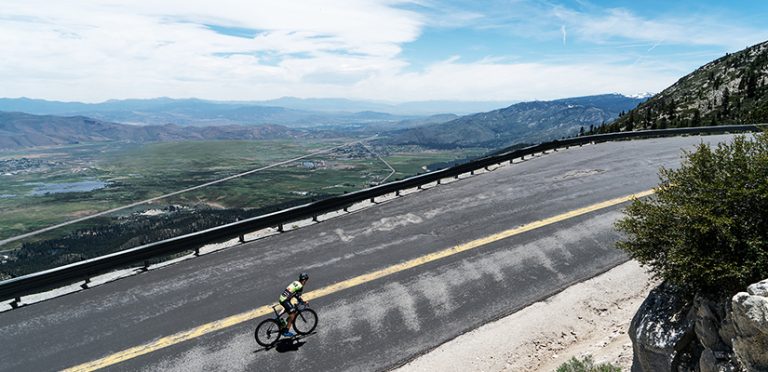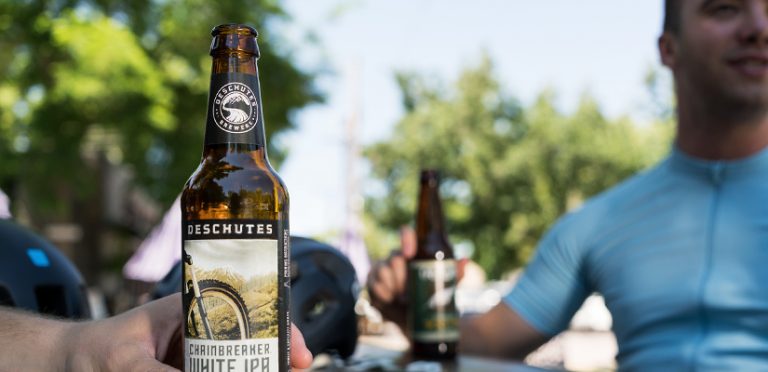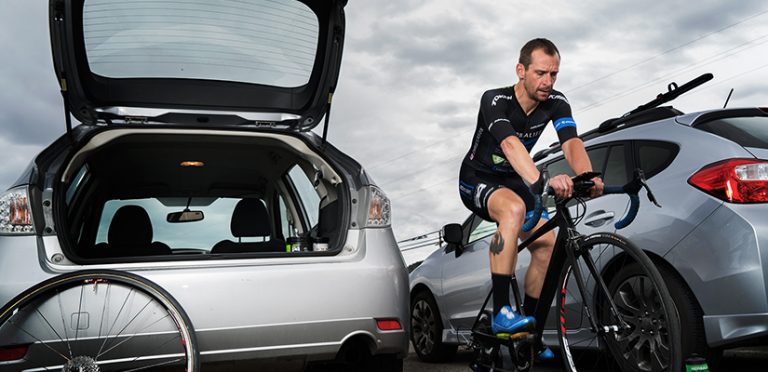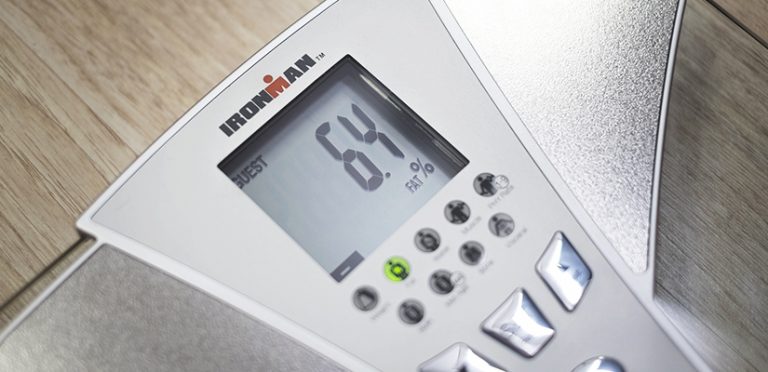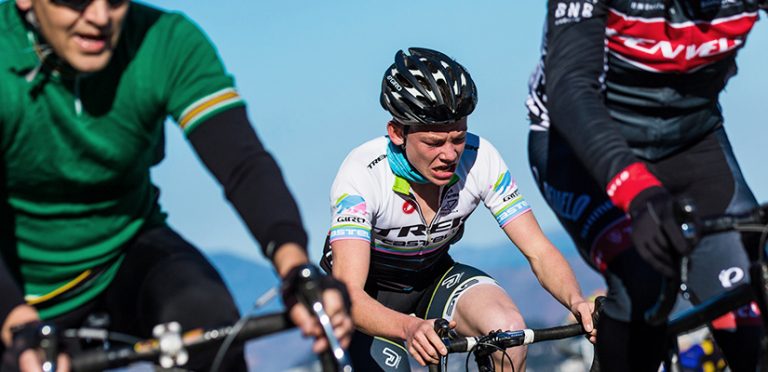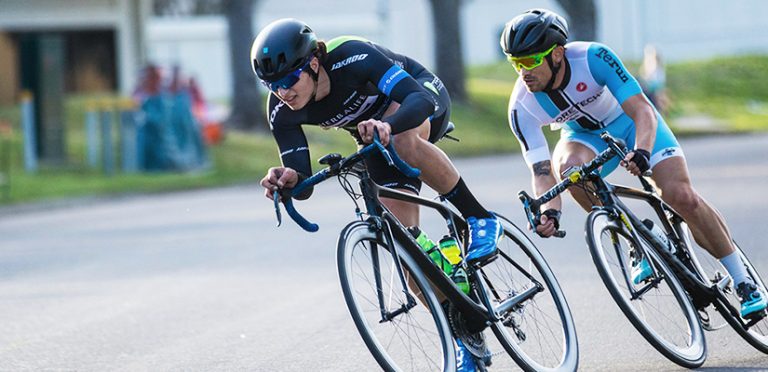Answer: For most athletes, no. Depending on the familiarity and experience with an FTP value, athletes can realistically sustain the power level of FTP in a range from about 40-70 minutes. ** Our default testing format to estimate an athlete’s FTP was changed to the TrainerRoad Ramp Test since this post was published Why Your…
